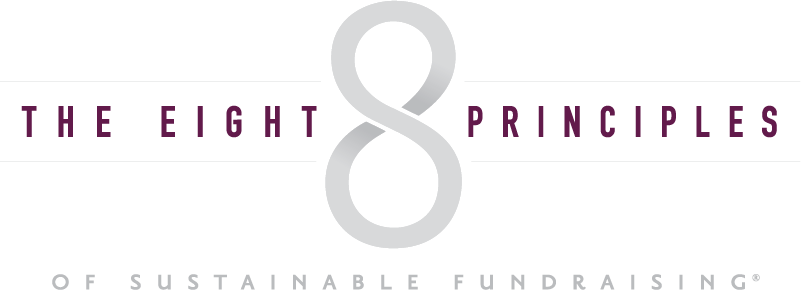There’s been a fair amount of discussion lately among fundraisers about saying “thank you” to donors, including in my “What Would Emily Post say?” column a few weeks ago.
That article discussed the strange sentiment on the part of nonprofits (and a donor or two) that saying “thank you” is inappropriate, and even pandering. I strongly disagree, but I suppose everyone is entitled to their opinion. (As a donor, it’s safe to assume that I will not be giving money to any of the organizations or fundraisers who subscribe to the “no need to say thank you” school of thinking.)
Let’s just assume that you, my reader, agree with me that saying “thank you” is very important. In fact, I found this wonderful piece on Forbes Life called “Five Reasons to Write Thank-You Notes“, and I recommend that everyone read it. Author Nancy Olson’s five reasons are:
- It’s the right thing to do.
- Jimmy Fallon does it. (!)
- It sets you apart.
- Gratitude is good for the brain (check out the research project referred to here!)
- Handwritten letters perpetuate a very important part of our culture.
Agreed on all counts, and for today, I want to focus on the handwritten letters part.
Several years ago, I was on the board of a nonprofit that had a wonderful woman on staff whose main job was to manage the senior staff person’s calendar, to write certificates and to compose and write thank you letters. She had been at the nonprofit for decades, and there was some concern that the organization’s resources shouldn’t be used for someone to do those seemingly arcane tasks.
I was definitely in the minority when I suggested that the organization modify this person’s job description to anoint her as the official “hostess” and “corresponding secretary” of the organization.
In past decades, the corresponding secretary was a real thing, and that person actually was in charge of, well, correspondence. The thought was that having someone 100% responsible for making sure that people are welcomed appropriately and are thanked in a timely and thoughtful matter would have a positive impact on membership and the organization’s “brand”. This woman wrote the most personal, lovely, handwritten thank you notes that I’ve ever seen, and I, as a member, had felt a little thrill when I saw her handwriting on a letter addressed to me. She also made thoughtful phone calls to members when needed, and these were equally lovely.
The National Council of Nonprofits has an excellent article called “Showing Gratitude to Donors”.
The piece suggests that “Expressing regular and authentic gratitude to the donors, volunteers (including board members), and others who support your organization’s mission is one of the most important things you can do.”
Most importantly, it goes on to say, “Thanking donors meaningfully has multiple benefits. It helps move your development program from one that is transactional – where each “ask” and response is a separate event – to one that is relationship-based ….. The way donors are thanked can also have a significant impact on the likelihood that they will give again.”
That “giving again” part is, obviously, very important, as only about 20% of first-time donors give a second time (to the same organization), and only about 45% of repeat donors continue giving to the same organization. We need to find a way — or several ways — to improve on these numbers (which have been in those ranges for years).
Of course it would be lovely and ideal if every fundraiser wrote their own thoughtful, personalized thank you notes in a timely fashion, but in today’s busy world, that’s rarely the case. Bring back the “corresponding secretary” — or at least add that function to the member of your admin staff who’s best at this expertise of a bygone era — and give your organization a great way to increase retention and revenue.
I’m often asked if thank you notes need to be handwritten, or if emails or even phone calls are okay. The answer is “it depends”. The handwritten note has a quality of being personal as well as different and special, but any level of thank you is better than no thank you at all. I happen to love the personal phone calls (the ones that say thank you and don’t ask for another donation in the same breath), but I usually save the handwritten notes. I’m happy with any of the above, as long as the sentiment is timely and feels sincere.
One final word on this: It’s totally okay to ask a donor how they prefer to be thanked. You’ll be surprised that most have an opinion on this, and if you really do have a relationship with that donor (as you should), they’ll usually tell you how they feel about being thanked. Pay attention to their answer, and be sure to note their preferences in your database.
Lisa Greer is our guest contributor.
Lisa is an entrepreneur and investor who has developed and managed her family’s giving portfolio for the last decade. Lisa has served on dozens of boards and commissions, including the Beverly Hills Cultural Heritage Commission, the international board of the New Israel Fund, the Make-a-Wish Foundation, and the Los Angeles District Attorney Crime Prevention Foundation. In addition, she and her husband Josh have hosted nearly 200 charitable events at their home.
Lisa also founded two healthcare-related companies and a strategic advisory firm specializing in digital media and entertainment. As a Hollywood studio executive, Lisa oversaw the creation of the online divisions at NBC and Universal Studios, while also launching pioneering ventures into music webcasting. Lisa is a mother of five and lives with Josh and their two youngest children in Los Angeles.
Lisa is a frequent contributor to The Eight Principles Blog. She may be reached at info@TheEightPrinciples.com



